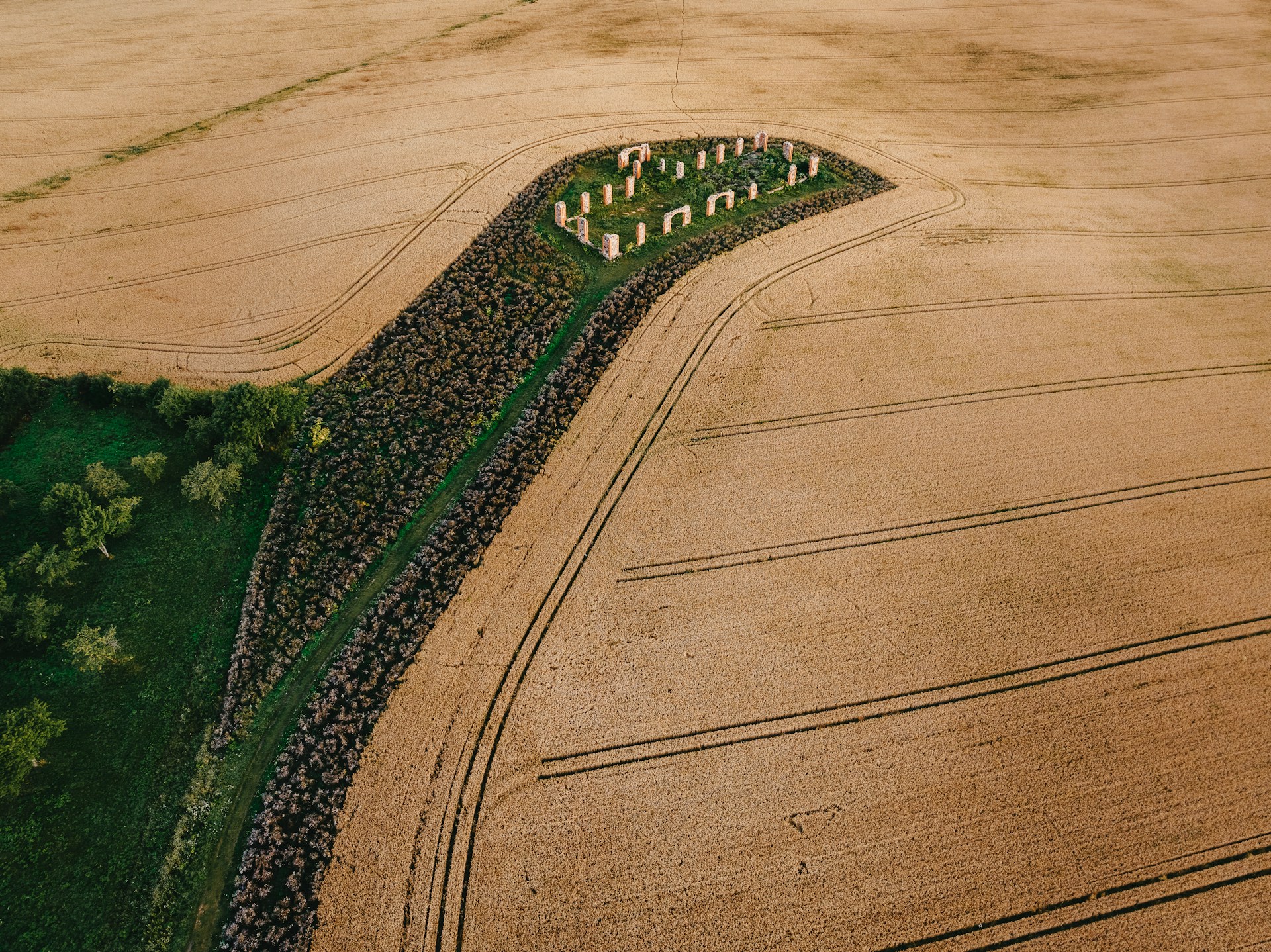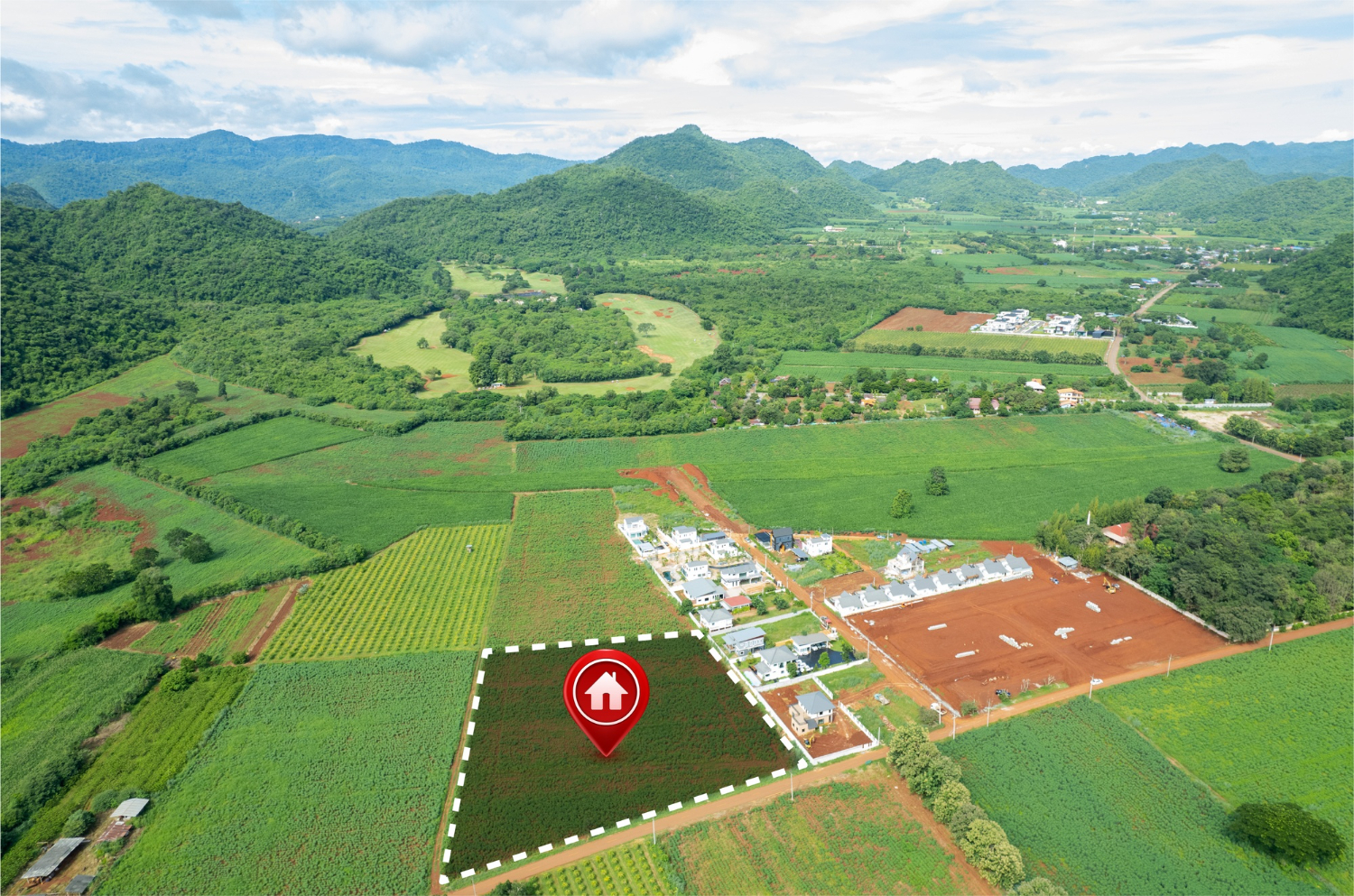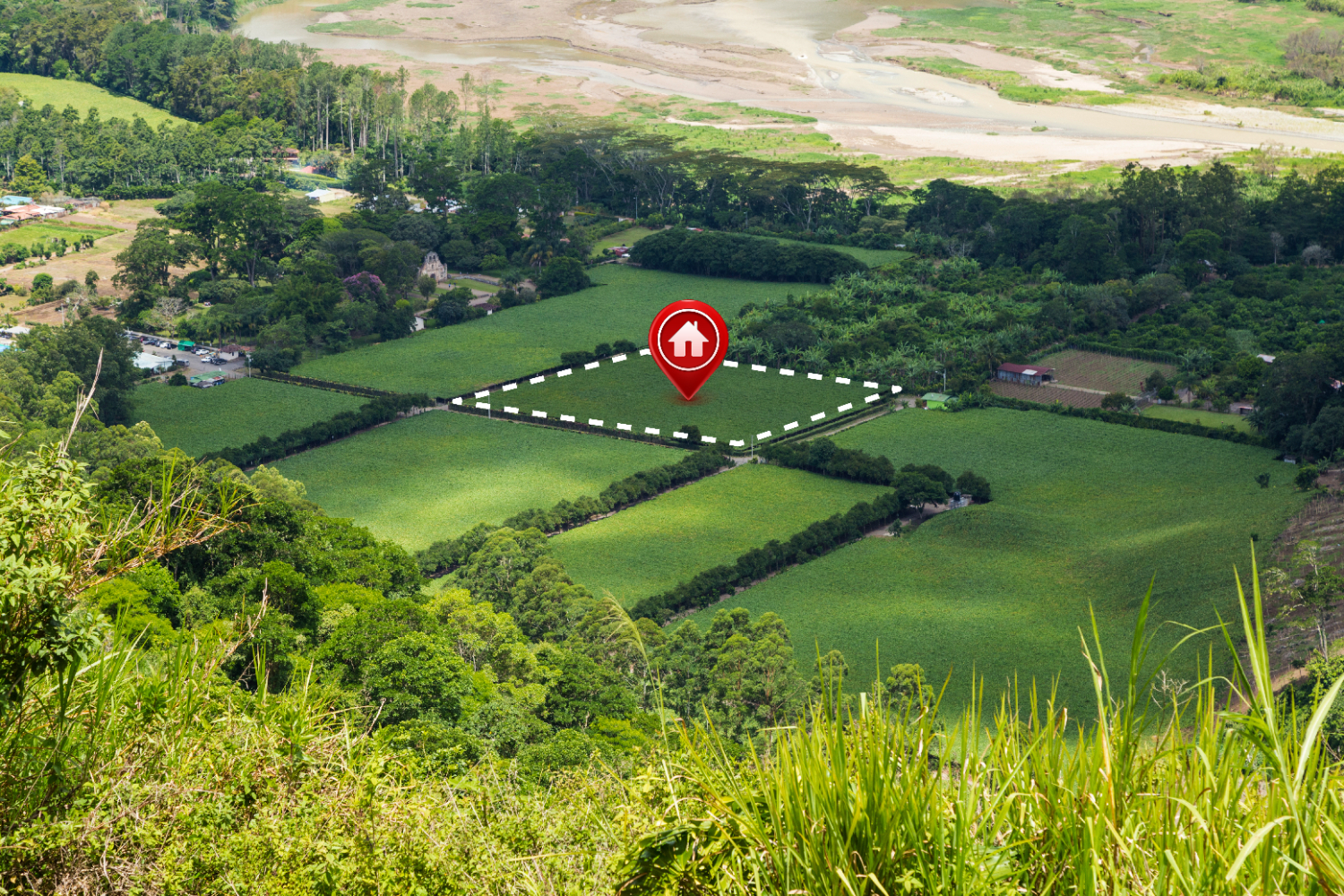Determining the true value of land is no small feat, whether you’re a landowner looking to sell your property or a potential buyer on the hunt for your dream lot. Accurate land valuation is essential to ensure fair and profitable transactions, as well as to facilitate informed decision-making and long-term planning.
With countless aspects and variables at play, including the land’s location, size, zoning laws, current market trends, and future potential, arriving at an accurate appraisal can be a complex and nuanced process.
Land valuation methods can range from simple comparisons of similar properties to more advanced calculations that take into account numerous factors unique to each parcel. Understanding these methods, along with the various factors that impact land value, can equip both landowners and potential buyers with the knowledge necessary to make informed, confident decisions.
In this comprehensive guide, we’ll delve into the methodology behind land valuation, exploring the various techniques and factors that contribute to an accurate and dependable assessment of a property’s worth.
We will discuss the key factors to consider when assessing land value, such as the location, size, zoning, and accessibility, as well as the advantages and disadvantages of different valuation methods like the sales comparison, income capitalization, and cost approaches. Additionally, we will cover the relevance of obtaining a professional appraisal and the role of appraisers in verifying and analyzing information to provide a reliable estimate.
1. Key Factors Impacting Land Value
Before diving into specific land valuation methods, it’s crucial to understand the various factors that can significantly impact a property’s worth. While some of these factors can be easily quantified, others may be more difficult to assess. Here are some essential factors to consider when evaluating land value:
– Location: Undoubtedly, one of the most critical aspects that determine land value is its location. Proximity to important amenities like schools, hospitals, shopping centers, and transportation hubs, as well as the surrounding neighborhood and environment, can greatly influence demand and, consequently, the price of a property.
– Size: The square footage of a parcel is another substantial factor in its value. Generally, larger lots are more valuable, but keep in mind that zoning regulations and development potential may also affect a property’s worth.
– Zoning: Zoning laws govern the allowed land uses, such as residential, commercial, industrial, or agricultural. A property’s zoning classification can either positively or negatively impact its value, as certain zones may be more desirable and have higher demand than others.
– Topography and Soil Quality: The physical characteristics of the land, including its terrain, elevation, drainage, and soil quality, can significantly impact its usability and value. While flat and easily accessible land is generally more valuable and easier to develop, properties with unique features like scenic views or waterfront access can also command a premium.
2. Land Valuation Methods
There are several established methods for appraising land value, each with its own advantages and disadvantages. Here, we dive into three of the most common techniques:
– Sales Comparison Approach: This widely used method involves comparing the property in question to similar properties that have recently been sold in the same area. By analyzing factors such as location, size, and the sale prices of comparable properties, an estimate of the land’s value can be derived. While this approach is generally straightforward and reliable when accurate data is readily available, it may be less effective if there is a limited number of comparable sales or if the property has unique or rare features.
– Income Capitalization Approach: This method is particularly useful for appraising properties that generate or have the potential to generate income, such as agricultural, commercial, or rental properties. It involves estimating the Net Operating Income (NOI) that the property can generate, then capitalizing that income into value through a capitalization rate. However, this approach requires accurate income and expense data, as well as a thorough understanding of market trends and demands.
– Cost Approach: The cost approach calculates land value based on the cost of developing or replacing the property’s improvements, such as buildings or other structures. It involves determining the cost of constructing a replica of the existing improvements, then deducting the accrued depreciation. For vacant land, the cost approach often involves estimating the highest and best use for the property. This method can be beneficial when valuing unique properties but may yield less reliable estimates for older properties or those with multiple structures.
3. The Role of Professional Appraisers in Land Valuation
While understanding and applying land valuation techniques is undoubtedly valuable, obtaining a professional appraisal from a certified appraiser can provide an unbiased, accurate, and reliable estimate of a property’s value. Appraisers have extensive training and knowledge of local markets, as well as access to comprehensive databases of comparable sales, making their assessments highly dependable.
A professional appraisal can be particularly valuable in situations involving legal disputes, financing, or tax assessment challenges, where a credible and well-documented valuation is essential. Moreover, potential buyers and sellers can benefit from the peace of mind that comes with a professional appraisal while negotiating the price.
4. Leveraging Technology to Assist in Land Valuation
Advancements in technology have considerably influenced the land valuation process, providing new tools and resources to assist in estimating property values. Online databases, mapping tools, and aerial imagery can provide valuable insights into comparable sales, zoning regulations, and environmental factors.
Additionally, mobile apps and software programs designed for land valuation can help streamline the appraisal process, offering advanced analytics and market data to support your valuation efforts. Leveraging these resources can augment your understanding of the land valuation process and improve the accuracy of your estimates.
Unraveling the Complexities of Land Valuation
Accurately determining land value is an essential task for anyone involved in the buying or selling a property. By understanding the key factors impacting land value, exploring various valuation methods, commissioning professional appraisals when appropriate, and embracing advancements in technology, you can confidently assess the true value of your land and make informed decisions regarding land transactions.
Begin your journey to land valuation mastery with this comprehensive guide from 7Land Corp, and set yourself up for success in the competitive world of buying and selling land.




